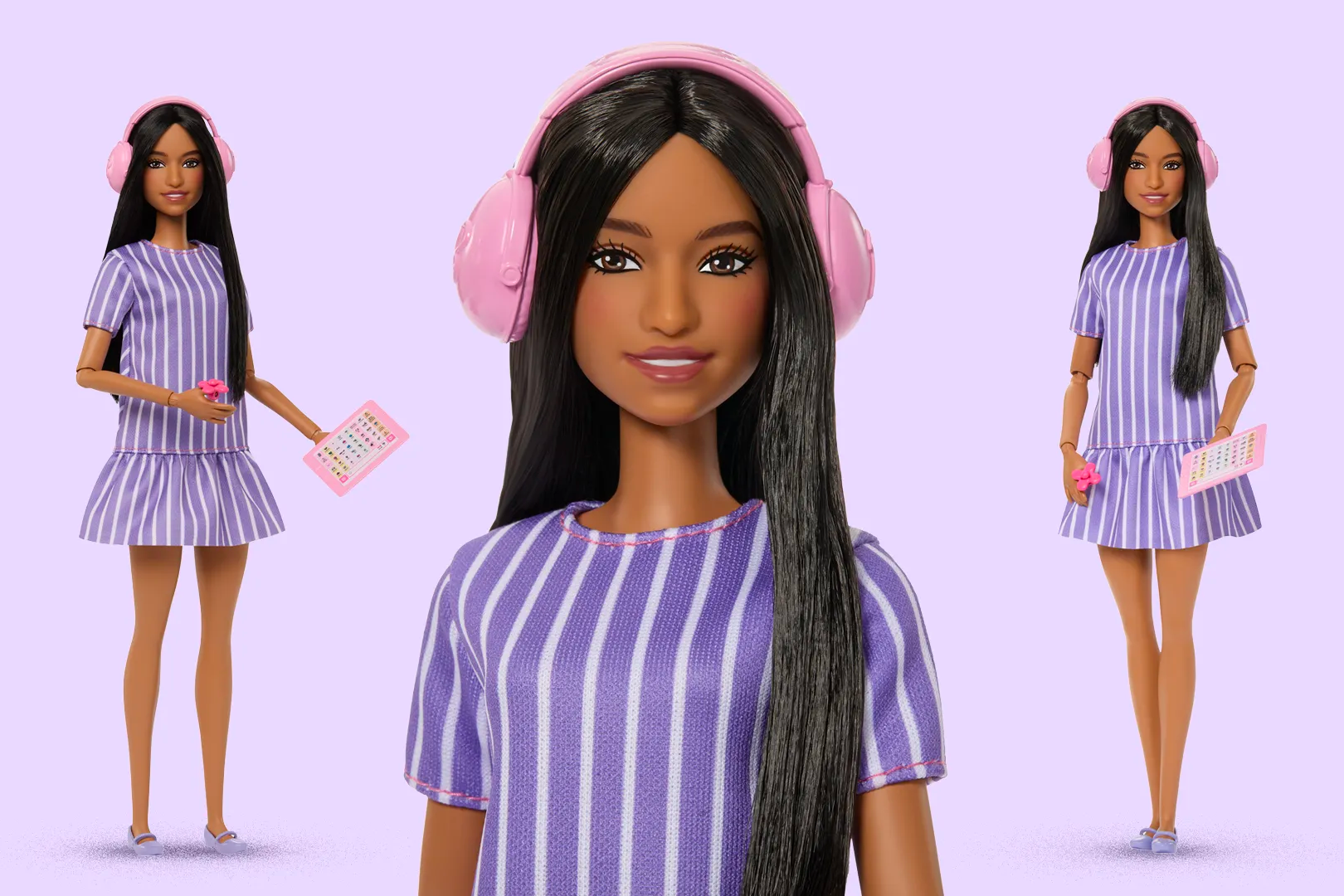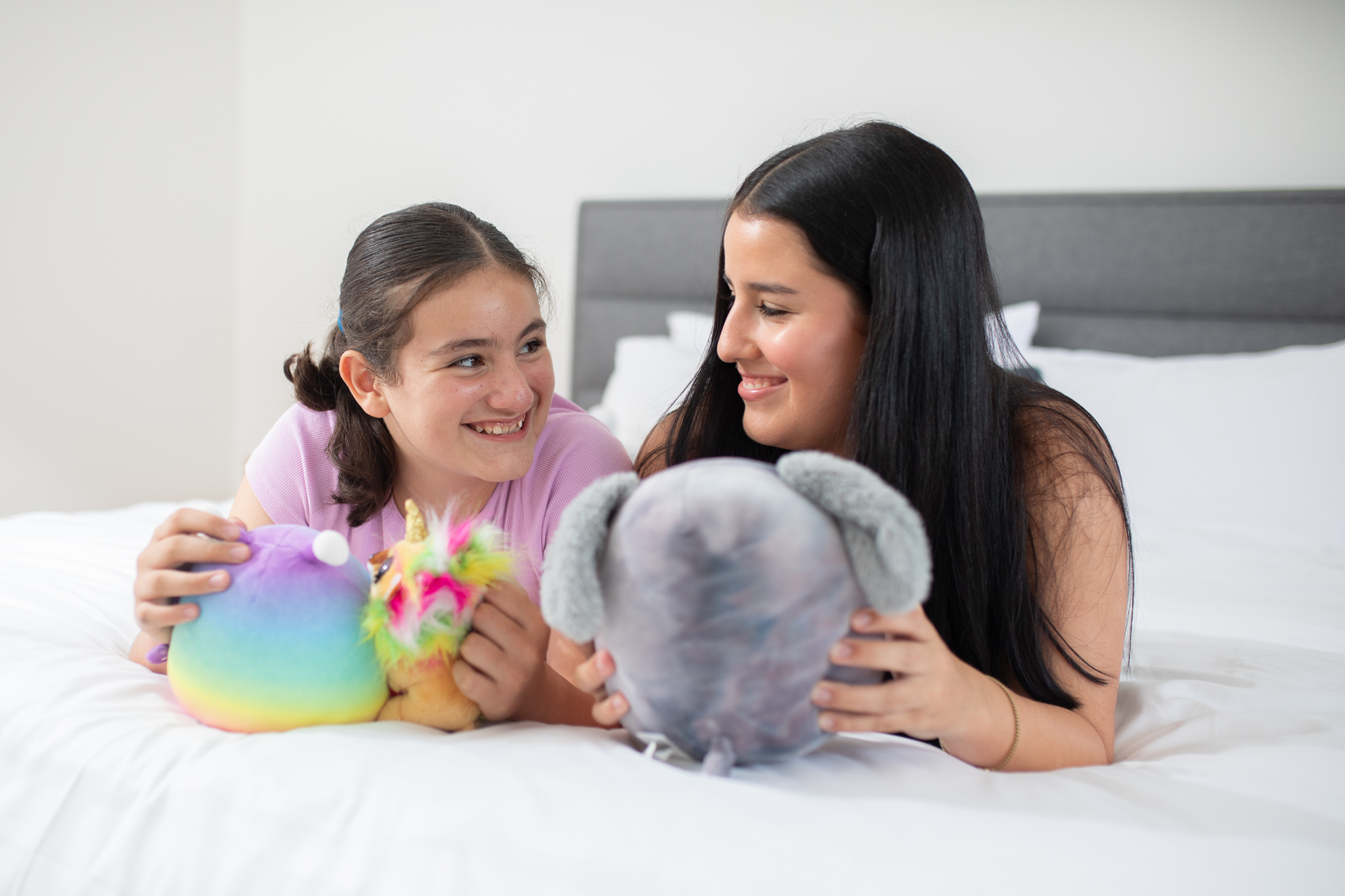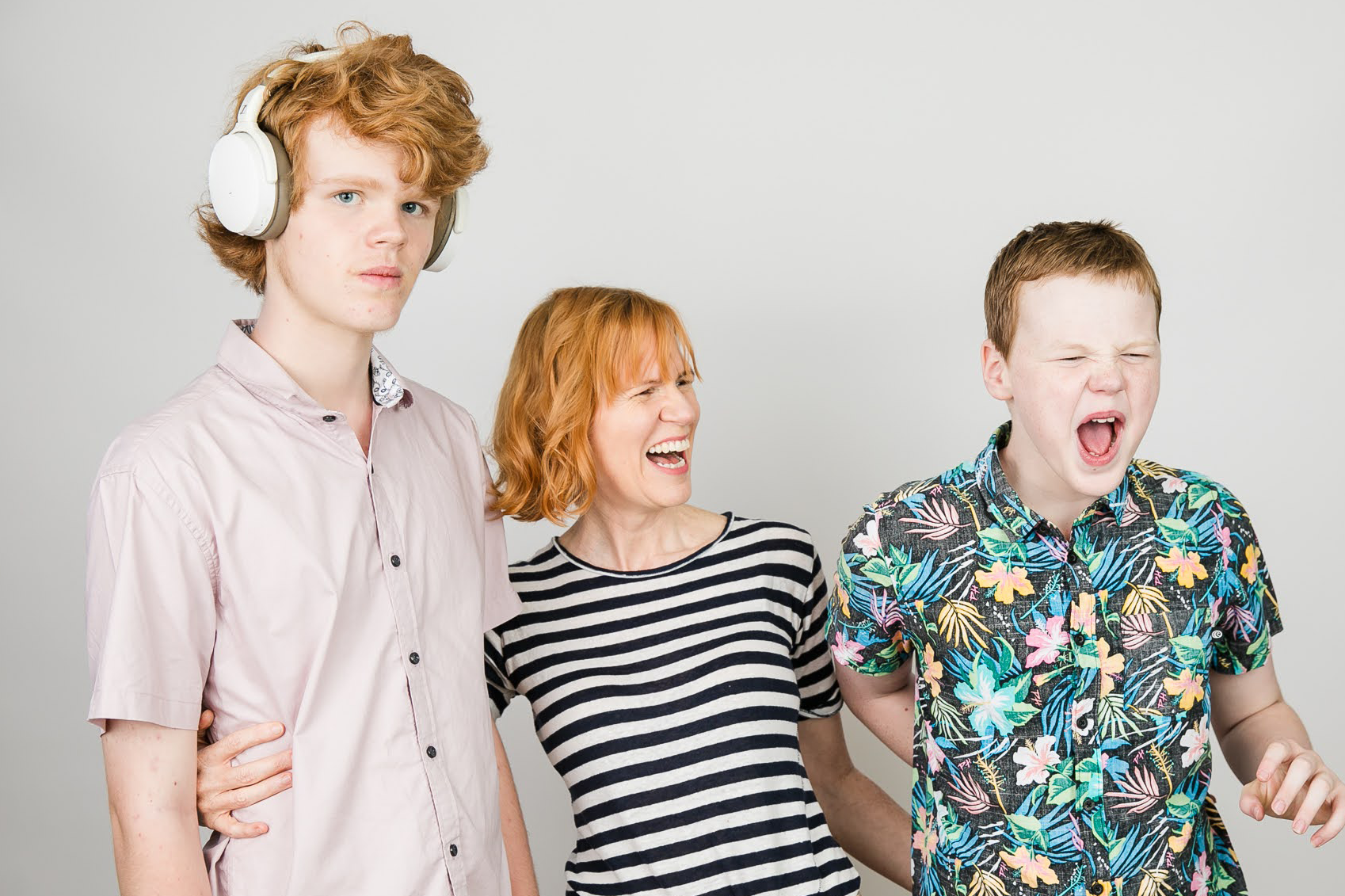Q&A with Kay Kerr – Social Queue

This month we caught up with Kay Kerr, YA author and freelance writer to chat about her second novel Social Queue, a fun, emotional coming of age story of the realities of growing up autistic and navigating romance and dating.
Kay, congratulations on your second book, Social Queue, tell us about what readers can expect reading this novel?
Thank you so much. Readers can expect a fun, emotional coming-of-age story and romance. It is uplifting and optimistic, while not shying away from some of the more serious realities of growing up autistic and navigating a world designed for neurotypical people.
A blurb on Social Queue:
I thought I was nobody’s teen crush, but turns out I was just missing the signs.
Zoe Kelly is starting a new phase of her life. High school was a mess of bullying and autistic masking that left her burnt out and shut down. Now, with an internship at an online media company—the first step on the road to her dream writing career—she is ready to reinvent herself. But she didn’t count on returning to her awkward and all-too-recent high-school experiences for her first writing assignment.
When her piece, about her non-existent dating life, goes viral, eighteen-year-old Zoe is overwhelmed and more than a little surprised by the response. But, with a deadline and a list of romantic contenders from the past to reconnect with for her piece on dating, she is hoping one of her old sparks will turn into a new flame.
Social Queue is a funny and heart-warming autistic story about deciphering the confusing signals of attraction and navigating a path to love.
What are some of the key themes you want readers to take away after reading your book?
Firstly, I want people to enjoy the story, because I feel like now more than ever, reading can be a comfort and a joy. We are living in chaotic, stressful times, so I hope readers can escape a little in the pages of this book. It is a romance at its heart. The book also delves into themes such as self-identity, self-worth, bullying, ableism, autism and wider disability representation in the media, loneliness, and the value of rest. I think people will connect with different parts of the story, depending on where they are at right now, and their life experiences.
You have been very open with your own autism diagnosis, what has been your experience with social connections and dating? And how did your own personal experiences influence this book?
The very first spark of this story came when I was reflecting, post-diagnosis, on how being autistic impacted the way I have moved through the world, particularly in relation to romance and dating. This was not really something I included much of in my first novel, so I wanted to explore it a bit more in the second one. It started as a sweet and funny concept, with my protagonist revisiting these people from the past and discovering the signs she had missed. The more I wrote though, the more I started to consider and unpack the ways I was vulnerable as a young adult. It brought up a lot of heavier emotions, and it helped me process those as well. All of that was channelled into the story, and I hope it emotionally resonates with readers, because it came from a very personal and honest place.
I hope this story starts conversations for some people, and that readers might feel seen within its pages.
Can you share your writing and creative process for your books, and any tips or strategies you use to avoid burnout?
I have a feeling I am approaching burnout at the moment, so I am probably better at giving advice in this realm than following it. My main advice is to try out different writing styles and tips, but only hold on to what works for you. I can’t write every day, my life doesn’t have space for that and I am not sure my brain would be up for it even if it did.
When I have a new idea, I start a notebook and jot down ideas for characters, plot, quotes, and areas I want to research or read up on a bit more. I don’t plan the whole story from the start, but I have key scenes or ideas in mind when I start to write. And then I try my very best to go easy on myself during the first draft. It is the first draft for a reason, and it isn’t going to be great.
The things that help me recharge are spending time in nature, being alone, reading, running, romcom movies, and going to the beach with my family. If I feel like I’m starting to get burnt out, I try to increase these things in my life.
What are some recommended reads for autistic teens or adults that they could find a connection with? (Obviously including your two novels Please Don’t Hug Me and Social Queue)
In YA, I couldn’t recommend highly enough Peta Lyre’s Rating Normal by Anna Whateley and Queens of Geek by Jen Wilde. These are two books I’ve read more than once, that felt like they captured my experiences as well as teaching me something new. For an older audience, I really just want everyone to read Late Bloomer by Clem Bastow. It is a memoir about their life, reflected back upon after an adult autism diagnosis. It examines so much about the diagnostic criteria for autism, through brilliant, funny, sometimes heartbreaking, and always beautifully-written essays. These are the books I recommend to everyone, all the time. (Recommending the right books for people is definitely a special interest of mine)
Kay, congratulations on the announcement and release of your second novel, Social Queue! Is it too early to ask if a third book is in the pipeline? 😉
It probably is too early! If you asked me in person, I am sure I would spill the beans because I struggle not to, but I will just say I am working on something new, and I am very excited about it. Watch this space 🙂
Kay Kerr is a freelance writer and YA author from the Sunshine Coast, Australia. Her debut novel Please Don’t Hug Me is out now and her second novel Social Queue is available for pre order and releasing on September 28, 2021.






